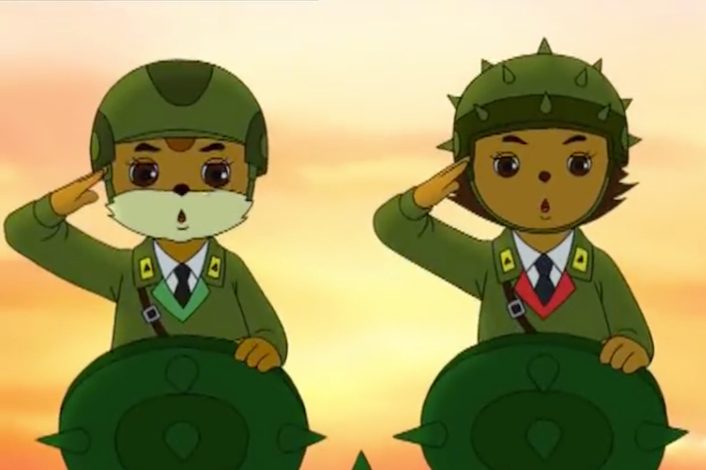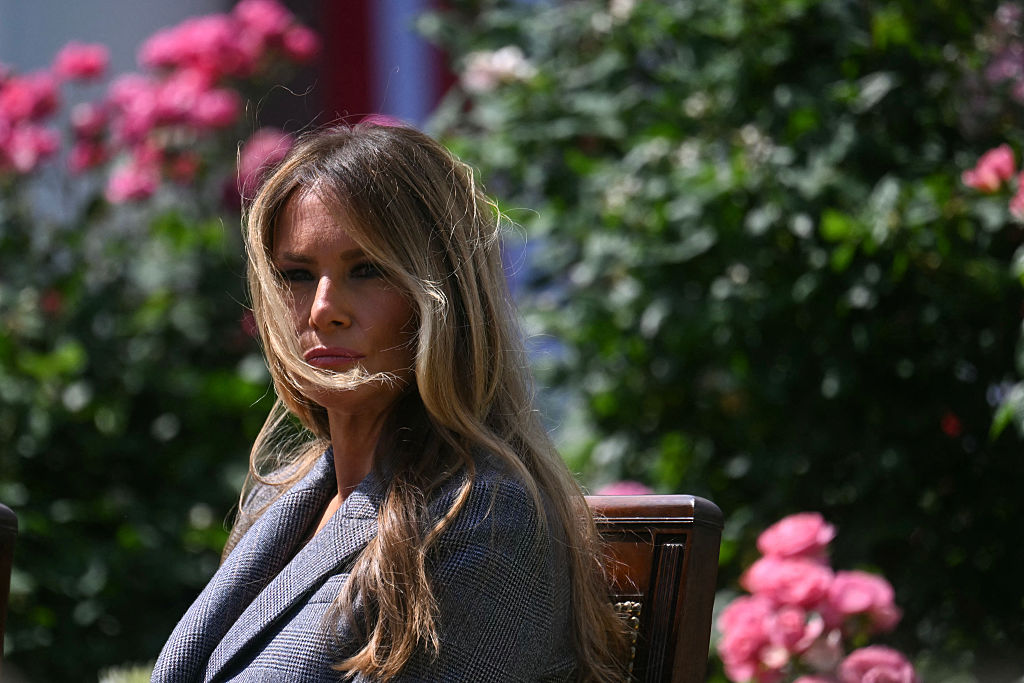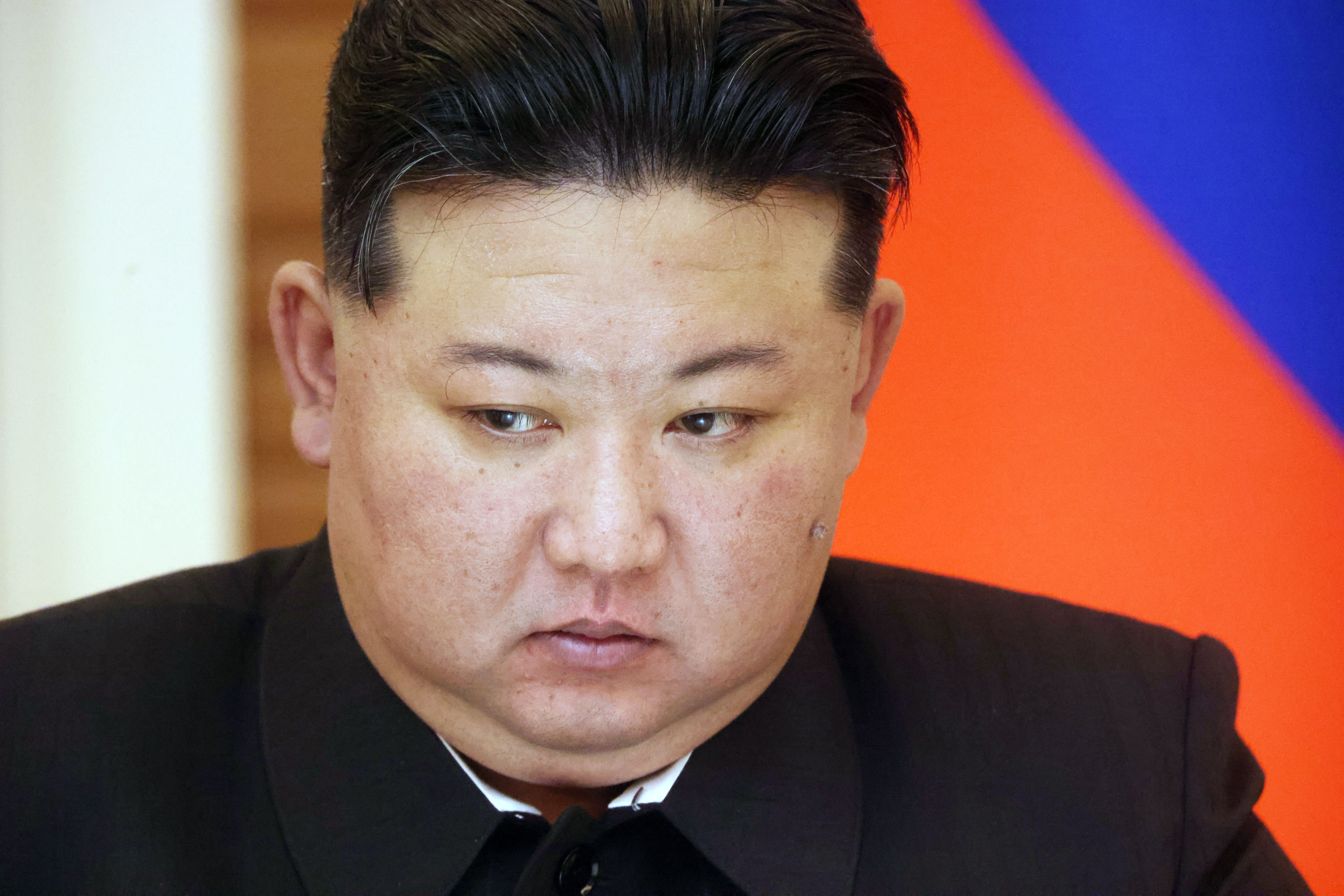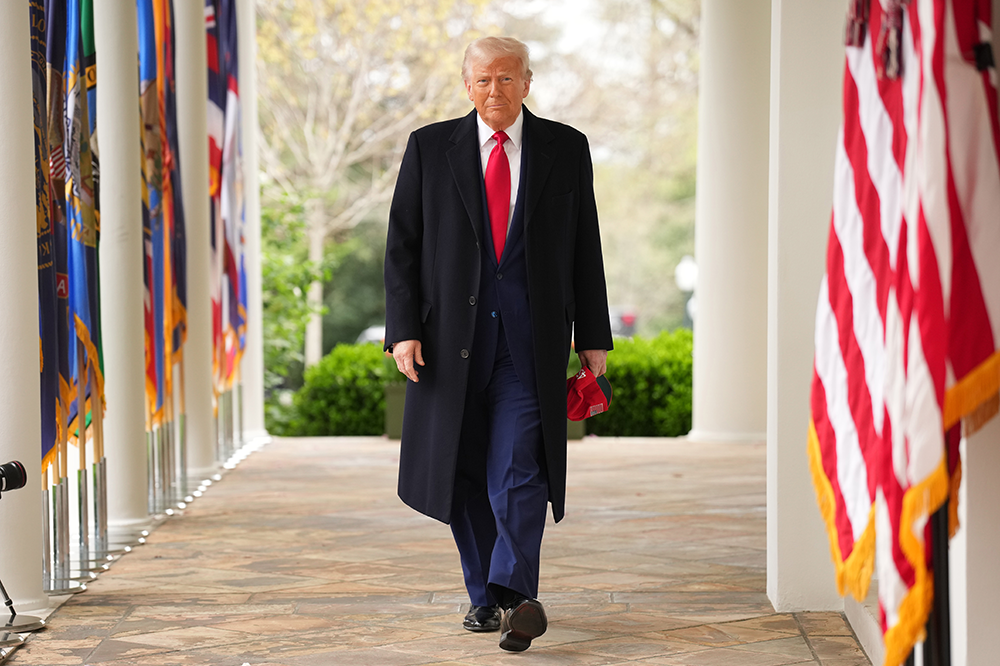Recently, it was reported that North Korean animators may have been working on cartoon projects for western firms, including Amazon and HBO. Data found on a North Korean computer server suggests they worked on programs such as Amazon’s Invincible, without western studios knowing.
To those more used to North Korea’s frequent warnings about crushing the West and unleashing nuclear weapons on the world, it might seem surprising that the country also has a sideline in animation.
But despite being one of the world’s most isolated states, North Korea has a long history of producing cartoons. Most of the animations the country makes are meant for a domestic audience. Ninety-eight percent of North Korean households own a television and broadcasting has been a powerful way of underscoring the Kim regime’s ideology, particularly since television sets, as well as radios, are all pre-tuned to government-controlled broadcasting stations.
The second North Korean leader, Kim Jong-il, was an avid fan of watching and directing films. In 1973, more than two decades before he would succeed his father, Jong-l wrote a book, On the Art of the Cinema, which sought to apply North Korea’s juche ideology of so-called “self-reliance” to film, literature, and art.
From its inception in the late 1950s, North Korea’s state-run animation studio, SEK Studio, has produced notorious cartoons which reinforce the domestic and foreign political narratives of the Kim regime. One popular long-running animation series, Squirrel and Hedgehog, is anything but a cheerful story of animals and birds living in harmony, with episodes entitled “Wicked Enemies” and “A Scary Plot.” In the program, squirrels and hedgehogs represent the North Koreans, while evil wolves and invasive mice represent the Americans and South Koreans. The program is a way for the regime to push its narrative of being under constant threat of invasion from western imperialists.
Cartoons, however, do more than just offer another way of diffusing nationalistic propaganda. They also provide a source of income to a country that needs to increase its cashflow. In the past, SEK Studio worked on animations for western firms, including The Simpsons Movie and Futurama.
All that came to an end in 2016, when the US Treasury imposed sanctions on SEK Studio. Further sanctions were imposed in 2021 and 2022.
This clearly hasn’t prevented North Korea profiting from the industry though. Much like how the North Korean regime has earned income from foreign laborers working in Russia and China, its animation industry appears to be collaborating with China. Instructions found on the internet server, written in Chinese, suggests that China-based firms were hiring North Korean workers.
It might just be about cartoons, but this kind of collaboration between Pyongyang and Beijing is still concerning. This year marks seventy-five years of the establishment of relations between China and North Korea. Historically, relations between the two countries haven’t exactly been smooth-sailing. Yet China is still North Korea’s most important ally, not least economically, and also a key partner-in-crime when it comes to evading sanctions.
By assisting in the production of western cartoons, China is violating United Nations as well as US sanctions. These sanctions explicitly forbid countries from conducting business with the hermit kingdom. It is a clear irony that many of these sanctions were supported by China when they were initially passed. In 2017, the United Nations Security Council — of which China is a permanent member — voted unanimously to impose additional sanctions on North Korea, which, among other goals, aimed to curtail the revenue that the North Korean regime gained from overseas workers, computer-based or otherwise. Workers were given a maximum of two years to return to the DPRK, but many remained abroad. Nominally they were earning higher incomes than in North Korea, but they had to send much of their income to the Kim regime, which has earned over $500 million per year from its businesspeople based abroad.
So, the next time you watch an HBO cartoon, perhaps you will think twice about who was involved in its production. This is just one way money gets into the hands of the North Korean regime. China, too, is sending a not-so-subtle signal of its continued intention to assist its troublesome neighbor in opposing the West. And that is no laughing matter at all.
This article was originally published on The Spectator’s UK website.


























Leave a Reply